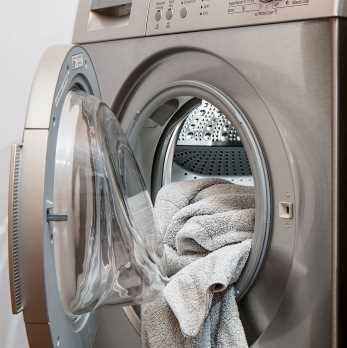How This Simple Drink Can Help Maintain Healthy Blood Sugar
Maintaining healthy blood sugar levels is crucial for overall well-being, and sometimes, the solution can be as simple as a glass of water. Proper hydration plays a significant role in glucose regulation, making water an essential tool in managing blood sugar. This article explores how water and other natural drinks can support blood sugar balance, along with lifestyle habits that contribute to optimal glucose control.
What’s the Connection Between Water and Blood Sugar?
Water is vital for numerous bodily functions, including blood sugar regulation. When you’re dehydrated, your body produces a hormone called vasopressin, which can cause your liver to release stored glucose into the bloodstream. This process can lead to elevated blood sugar levels. By staying well-hydrated, you help your body maintain proper glucose balance and support kidney function in filtering out excess sugar through urine.
How Much Water Should You Drink for Blood Sugar Control?
The amount of water needed varies from person to person, but a general guideline is to aim for 8-10 glasses (64-80 ounces) of water per day. However, factors such as climate, physical activity, and overall health can influence your hydration needs. Listen to your body and drink water throughout the day, especially before meals. This habit can help you feel fuller and potentially reduce overeating, which can impact blood sugar levels.
What Other Natural Drinks Support Blood Sugar Balance?
While water is the best choice for hydration, several other natural drinks can support healthy blood sugar levels:
- Green tea: Rich in antioxidants, green tea may help improve insulin sensitivity.
- Cinnamon tea: Cinnamon has been shown to have potential blood sugar-lowering effects.
- Apple cider vinegar diluted in water: Some studies suggest it may improve insulin sensitivity.
- Lemon water: The vitamin C in lemons may help regulate blood sugar spikes.
- Unsweetened almond milk: A low-carb alternative to dairy milk that won’t spike blood sugar.
How Does Diet Affect Blood Sugar Levels?
Diet plays a crucial role in blood sugar management. Consuming a balanced diet rich in fiber, lean proteins, and healthy fats can help stabilize blood sugar levels. Focus on whole grains, vegetables, fruits, and lean meats while limiting processed foods and added sugars. The glycemic index (GI) is a useful tool for understanding how different foods affect blood sugar. Low GI foods, such as most vegetables and whole grains, cause a slower, more gradual rise in blood sugar compared to high GI foods like white bread or sugary snacks.
What Lifestyle Habits Support Diabetes Prevention?
Maintaining healthy blood sugar levels goes beyond diet and hydration. Incorporate these lifestyle habits for optimal glucose control:
• Regular exercise: Physical activity helps improve insulin sensitivity. • Stress management: Chronic stress can elevate blood sugar levels. • Adequate sleep: Poor sleep can disrupt hormones that regulate blood sugar. • Portion control: Eating smaller, balanced meals can prevent blood sugar spikes. • Consistent meal times: Regular eating patterns help maintain steady blood sugar levels.
How Can You Monitor Your Blood Sugar Effectively?
Regular blood sugar monitoring is essential for those at risk of or managing diabetes. Home glucose meters provide a convenient way to track your levels. Work with your healthcare provider to determine how often you should check your blood sugar and what your target range should be. Keep a log of your readings, along with notes about your diet, exercise, and any other factors that may affect your blood sugar. This information can help you and your healthcare team make informed decisions about your management plan.
This article is for informational purposes only and should not be considered medical advice. Please consult a qualified healthcare professional for personalized guidance and treatment.
The shared information of this article is up-to-date as of the publishing date. For more up-to-date information, please conduct your own research.





